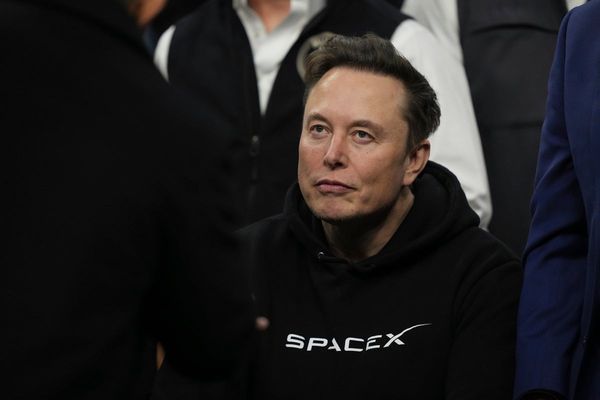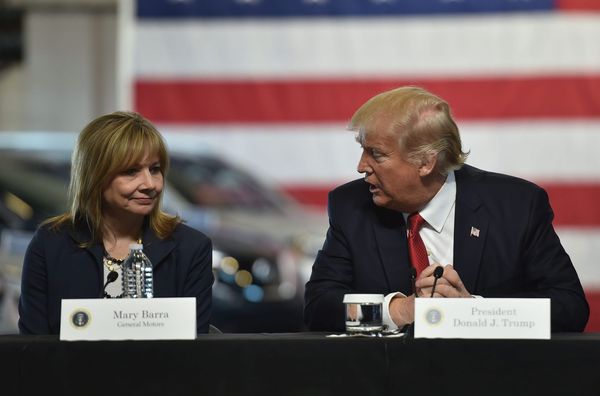
Some recent developments have helped. Carlo Altomonte, professor of economics of European integration at Milan’s Bocconi University, argues the recent speed of European integration is fostering a “regionalization" of supply chains. But reshoring is still complicated—and calls for difficult choices.
Take the predicament of Dardanio Manuli, chief executive officer of Manuli Rubber Industries, an Italian multinational that makes hydraulic equipment. He thought he had already brought his supply chain back from China, finding suppliers for steel and wire in Europe. After Russia’s invasion, he discovered his new suppliers had all been sourcing pig iron from Ukraine, specifically a single factory in Mariupol. “We thought we were already onshoring, but Europe turned out to be the weakest link," he said.
Data on large-scale reshoring is hard to find. There is some anecdotal evidence. Dusseldorf-based retailer C&A Group is opening a new textile plant in Germany to produce 400,000 pairs of jeans a year. Swedish carmaker Volvo announced plans to build a third factory in Europe in 2025. Smaller businesses are getting into the act. Maia & Borges, a toymaker based in Portugal, is on course for €12 million of revenue in 2022, up from €1.5 million in 2019, having won multiple orders when Asian supply chains were snarled up in the pandemic’s early months. Patricia Maia, chief executive officer, said the family firm will make 10 million toys this year and is building a third factory to cope with demand expected to hit 40 million by 2024. “From a business perspective, we’ve had a good two years," she said.
There are big challenges. Engineers are needed to populate high-tech factories, and Europe’s pharma industry has a continuing problem with a brain drain to the US. Even luxury-goods makers are struggling to find enough experienced hands to make their goods. The French luxury group LVMH Moet Hennessy Louis Vuitton has pledged to hire 2,000 young people, especially in Italy, to keep local manufacturing knowledge alive.
To make a difference, reshoring needs a more forceful policy push and tangible support from the EU and its member governments. Some incentives only indirectly benefit reshoring—such as fulfilling ESG goals. I spoke to executives of one of Europe’s largest industrial companies which suffered supply chain difficulties last year. Part of the impetus for reshoring was investor pressure to have ‘greener’ supply chains and reduced Scope 3 emissions (emissions generated indirectly). “Bringing suppliers closer to our plants means we get to limit carbon emissions," said the global supply chain director of this firm.
Money from the EU’s post-pandemic €750 billion ($811 billion) NextGeneration fund is available to companies for projects with a green or digital emphasis. Maia & Borges has applied for funding in part because it uses robotics to manufacture products.
Those funds have had their effect: spurring investment in a European semiconductor industry and battery cell production. Some 24 battery giga-factories have been announced in Europe with enough annual production capacity to equip 9 million electric vehicles per year, according to Erik Nielsen, chief economics advisor at UniCredit. Strategically, that hops over supply and political problems with China—which is a powerhouse of EVs and batteries—as well as provides a smaller carbon footprint. Frank Pisch, professor of microeconomics at the Technical University of Darmstadt, argues in a recent research paper that perceived uncertainty will make localized just-in-time production more attractive.
But bringing the supply chain to Europe also poses fresh problems. Two hours by car from Porto is Tras-os-Montes in the Barroso region, a mountainous region of stunning beauty in Portugal. This is where Savannah Resources plans to set up Europe’s largest lithium mine and processing plant. It’s part of a bigger plan to create a European supply chain for lithium, which also includes a refinery run by Portuguese energy company Galp Energia SGPS and Swedish electric vehicle battery maker Northvolt. Environmental groups argue the mines with destroy a lush countryside and community. The project has applied for NextGeneration funding.
Some small companies just throw up their hands. Asked what he plans to do now that the war in Ukraine has jinxed his supply chain, Manuli Rubber’s chief said, “We are going to India."
Rachel Sanderson is a contributing columnist at Bloomberg Opinion







